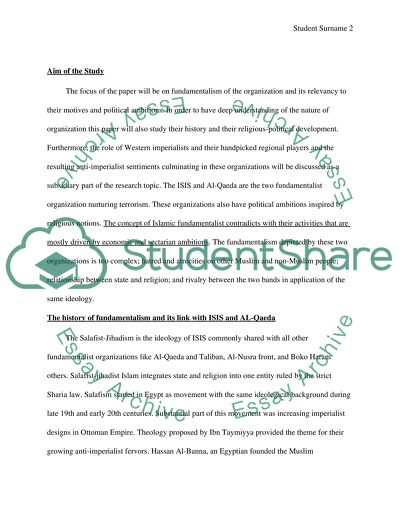Cite this document
(“Religion in Contemporary Societies Essay Example | Topics and Well Written Essays - 2000 words”, n.d.)
Religion in Contemporary Societies Essay Example | Topics and Well Written Essays - 2000 words. Retrieved from https://studentshare.org/religion-and-theology/1678470-religion-in-contemporary-societies
Religion in Contemporary Societies Essay Example | Topics and Well Written Essays - 2000 words. Retrieved from https://studentshare.org/religion-and-theology/1678470-religion-in-contemporary-societies
(Religion in Contemporary Societies Essay Example | Topics and Well Written Essays - 2000 Words)
Religion in Contemporary Societies Essay Example | Topics and Well Written Essays - 2000 Words. https://studentshare.org/religion-and-theology/1678470-religion-in-contemporary-societies.
Religion in Contemporary Societies Essay Example | Topics and Well Written Essays - 2000 Words. https://studentshare.org/religion-and-theology/1678470-religion-in-contemporary-societies.
“Religion in Contemporary Societies Essay Example | Topics and Well Written Essays - 2000 Words”, n.d. https://studentshare.org/religion-and-theology/1678470-religion-in-contemporary-societies.


